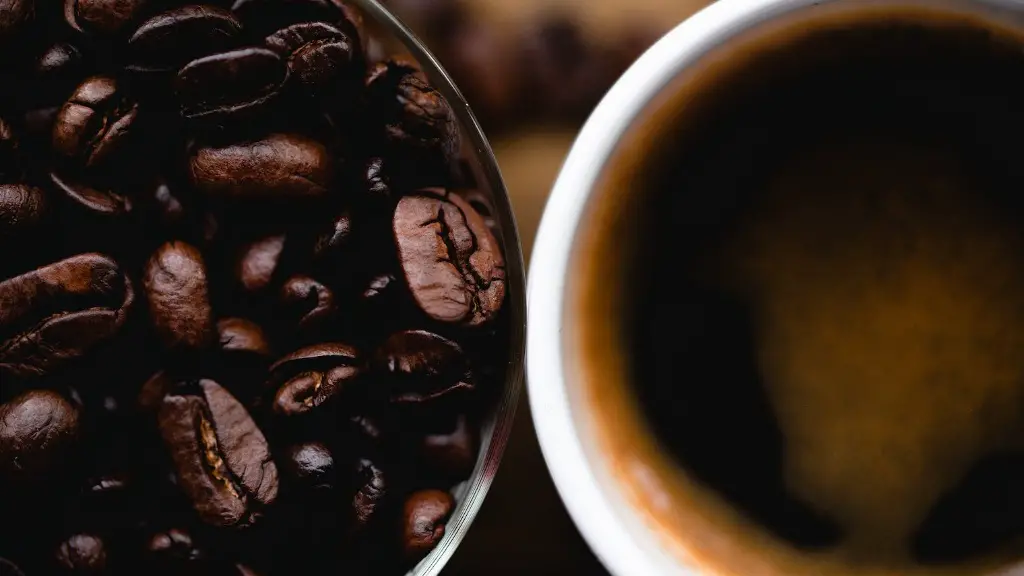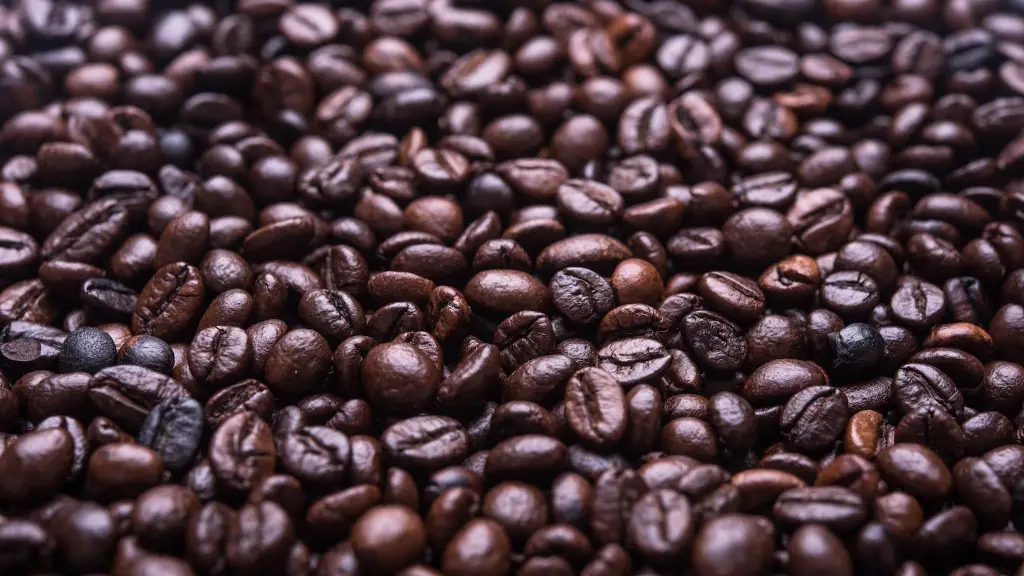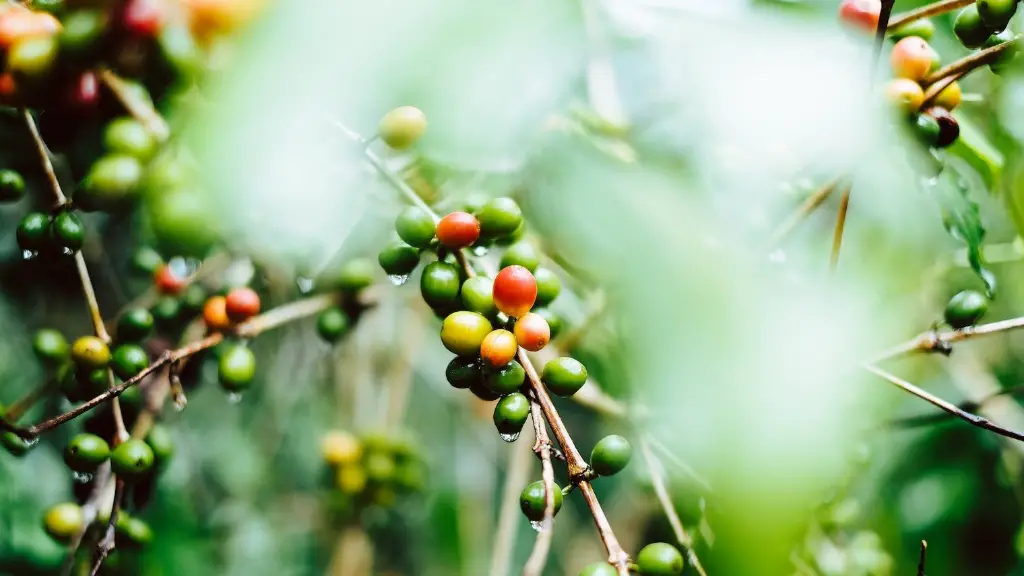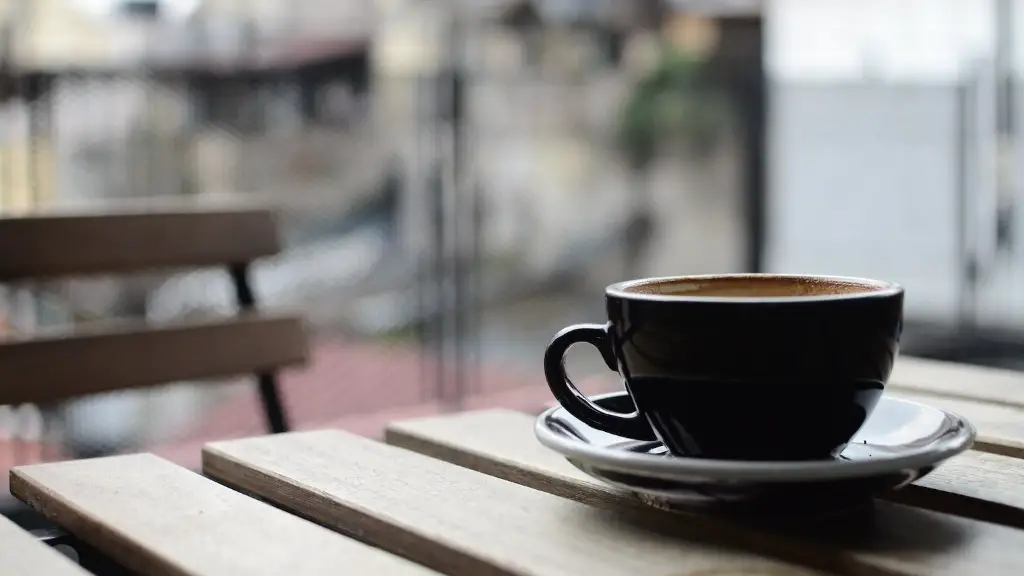When people fast, even for religious reasons, it’s common to think that no food should be consumed. However, depending on the type of fast, the rules may be more flexible. One question many people ask is: Can I drink black coffee while fasting?
No matter why people are fasting, it’s important to understand that its roots lie in the practice of abstaining from eating, usually for religious or spiritual reasons, or as a way of giving our digestive systems a much-needed break. Fasting is practiced in almost every culture and faith, with different traditions and beliefs.
Not everyone agrees on what you can and cannot consume while fasting. Some fasting practices allow for the consumption of black coffee, while others only allow for clear liquids. Eating is typically not allowed during a fast, but the rules vary significantly.
Most experts agree that when done in moderation, coffee may actually aid in the beneficial aspects of fasting. Caffeine is known to boost metabolism, increase focus, and help people feel fuller for longer. It’s also a mild diuretic, which can help flush out toxins from our bodies.
However, it’s important to note that too much caffeine can pose health risks. When drank in excess, coffee can cause restlessness, sleeplessness, and jittery feelings. That’s why moderation is key when it comes to drinking coffee while fasting.
If you do decide to drink coffee while fasting, make sure it’s black coffee with no added sugar or milk. These additions are not only high in calories but they can cause blood sugar to spike and drop, which will actually stand in the way of achieving the physical and mental benefits the fast was supposed to provide.
Overall, it’s important to remember that fasting is a personal matter. Whether to allow for the consumption of coffee during a fast should be decided on a case-by-case basis, depending on the reasons for the fast and any medical conditions that may be present.
Can you drink coffee on alternate-day fasting?
Alternate day fasting is a type of intermittent fasting, in which you alternate between days of fasting and days of unrestricted eating. Many dietitians, nutritionists, and other experts are recommending it as an effective way to lose weight and improve health.
When it comes to alternate-day fasting, opinions vary on whether or not to consume black coffee. Some experts allow for it while others say it is not recommended. The key is moderation—if you are fasting on alternating days and choose to drink black coffee, make sure it is in moderation. That means only a few cups per day, as too much can cause nervousness and lack of focus.
There are a few alternatives to drinking black coffee that can help you get through the fasts instead. If you prefer something sweeter than plain black coffee, you can add Stevia or low-sugar sweeteners. Unsweetened tea and other liquids such as vegetable broth and bone broth can also provide hydration during the fasting days.
Moreover, if you opt for a liquid-only fast, you can supplement with electrolytes and electrolyte-rich drinks. Coconut water and electrolyte-infused beverages are not only tasty and refreshing, but they can also help with energy levels, brain performance, and muscle recovery.
It’s also important to note that, while fasting, it’s important to stay well hydrated. Balanced hydration should be the goal, so don’t drink excessive amounts of coffee or diuretic liquids like alcohol that can lead to loss of important electrolytes and water.
What to avoid when you drink coffee while fasting?
If you decide to drink coffee during a fast, it’s important to avoid adding sugar, cream, artificial sweeteners, and anything else that could cause a spike in blood sugar. While these additions may make the coffee taste better, they will interfere with the health and spiritual benefits of fasting.
It is also important to note that caffeine in general is a stimulant and can interfere with your body’s natural circadian rhythms, which are essential for cellular repair and detoxification. Therefore, it is important to time your coffee consumption appropriately to avoid disrupting your body’s natural biological clock.
Finally, watch out for high doses of caffeine. While a cup of black coffee may help you stay alert and productive during a fast, excessive caffeine consumption can cause side effects such as sleeplessness, headaches, and dehydration.
Are there other drinks you can consume while fasting?
Yes. There are a number of other drinks that you can consume while fasting. In addition to plain black coffee, you can drink herbal teas, green teas, detox teas, vegetable juices, and teas infused with fruits and herbs. All are great ways to stay hydrated, get some nutrients, and enjoy a tasty drink.
Furthermore, if you’re looking for a refreshing alternative to plain water, you can blend some fresh fruits or vegetables with ice and water. It’s a great way to sneak in some vitamins, minerals, and antioxidants into your diet while fasting.
Finally, bone broth is another beverage you can enjoy while fasting. It’s rich in collagen and other proteins that can enhance the body’s natural healing process. It also helps to heal the gut while providing important vitamins and minerals. Make sure to season it with herbs and spices to make it tastier.
Can caffeine be beneficial during a fast?
Short answer: yes, but only in moderation. Caffeine has been shown to increase alertness and focus, which can be beneficial during a fast. However, too much caffeine can lead to a jittery feeling, sleeplessness, and dehydration. Therefore, if you decide to consume coffee during a fast, make sure you do so in moderation.
Another benefit of coffee is that it suppresses hunger and can help reduce feelings of tiredness, especially during days of fasting. Moderate coffee consumption can also help you get through the fast with fewer cravings.
Finally, coffee can be beneficial for digestion. Caffeine has been found to stimulate the movement of food molecules through the digestive tract, which can help the body break down food more efficiently.
Are there any other tips to keep in mind when fasting?
Yes. First, it’s important to make sure that your diet is well balanced and that you are meeting all of your nutritional requirements. That means eating plenty of fresh fruit and vegetables, getting enough protein and fiber, and avoiding processed and sugary foods. Also, make sure to drink plenty of water and other liquids to stay hydrated.
Second, it’s important to practice mindfulness when it comes to food and eating. Pay attention to the foods you are eating and how they make you feel. Acknowledge feelings of hunger and fullness, and don’t overdo it. Finally, get enough sleep and make time for relaxation.
Finally, talk to your doctor or dietitian before starting any fasting program. They can assess your health and provide guidance to make sure that you are taking the proper steps to reach your health and wellness goals.





